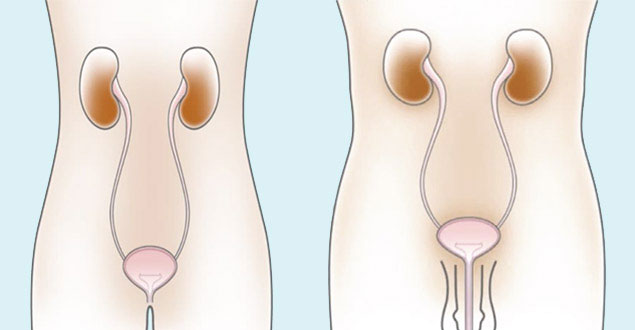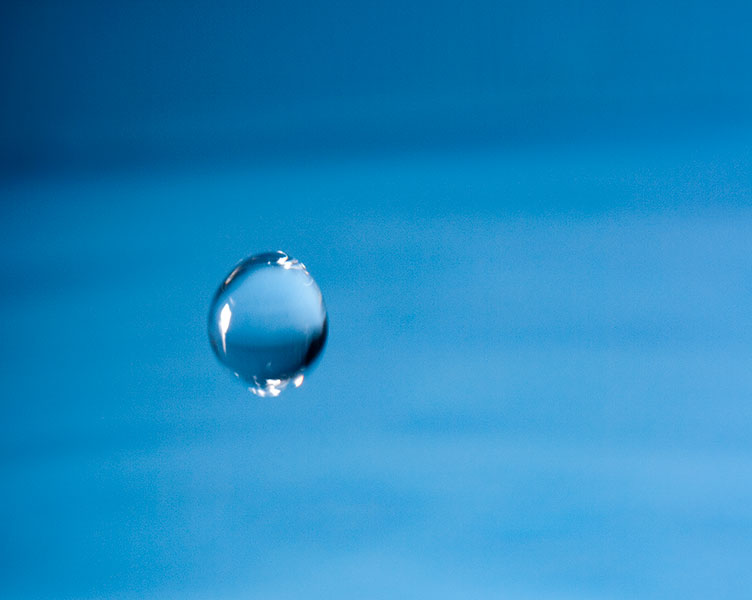What is urine?
Urine is a waste product that is produced by the kidneys in their process of cleaning the blood. It is made up of water and dissolved waste products. The waste products are substances that the body does not need and that can be harmful to our organs if accumulated in the body.
The kidneys are constantly producing urine, which is sent down to the bladder. If the bladder or kidneys fail, urine builds up in the bladder. This could result in urine moving back up toward the kidneys which, in the long-term, may lead to permanent kidney damage.
It is crucial that bladder and kidney problems are treated so that urine can be passed out from the body regularly.

Some facts
- The kidneys produce urine at the rate of about 30 30 mL/hour.
- Most people feel the urge to pass urine when there’s about a cup (200 mL) of urine in the bladder.
- A normal bladder holds about 300-400 mL of urine.
- The average person produces 1,500 mL of urine per day, but the more a person drinks, the more urine will be made.
- Most people pass urine 4-8 times per day, and sleep through the night.
These are general guidelines meant to help you with typical questions. You should follow the specific instructions provided by your healthcare provider and the intermittent catheterization solution you are using.



